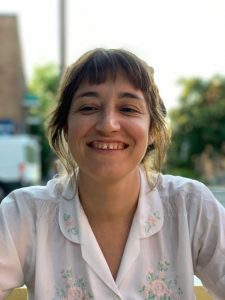Psychedelics & Psychosis

Dirk Corstens (Social Psychiatrist & Psychotherapist)
Chelsea Rose (Executive Director of Zendo Project)


Experiences of psychedelics and psychosis were deeply entangled in scientific practices in the mid-20th century. After psychedelic research shut down in the 1960s and 1970s, however, these two phenomena became disentangled. In the decades following, the science of psychosis transformed, shedding the language of psychoanalysis, and adopting the new scientific veneer of psychiatry.
Today, as psychedelic science re-emerges, the research programs surrounding psychosis and psychedelics now stand in stark contrast. In particular, they respond to questions related to what is worth measuring, what is worth investigating, and how we ought to respond to these experiences in very different ways. While psychedelic research includes scales that seek to capture experiences of mysticism, meaningfulness, and ego dissolution, research related to psychosis focuses on the measurement of pathological symptoms and functioning. Research into psychosis primarily seeks universal and reductionist causal explanations and interventions, while psychedelic research embraces the importance of set and setting in shaping unique experiences. Responses to psychedelic crisis involve warmth, compassion, and support, while responses to psychotic experiences often involve restraint, seclusion, and weapons.
What can this comparison teach us about how psychiatry might shift in order to better understand, measure, and respond to experiences of psychosis? What alternative forms of research, care, and community are already moving in these directions (e.g. the Hearing Voices Network, Soteria, Open Dialogue)?



